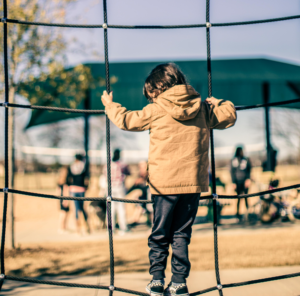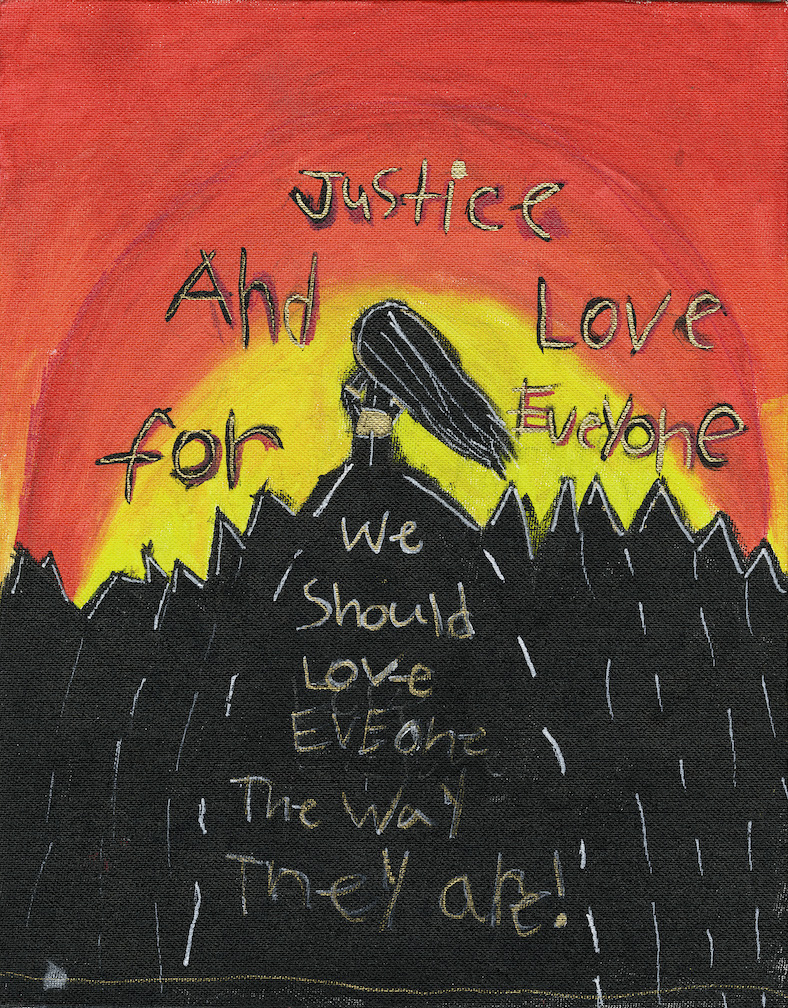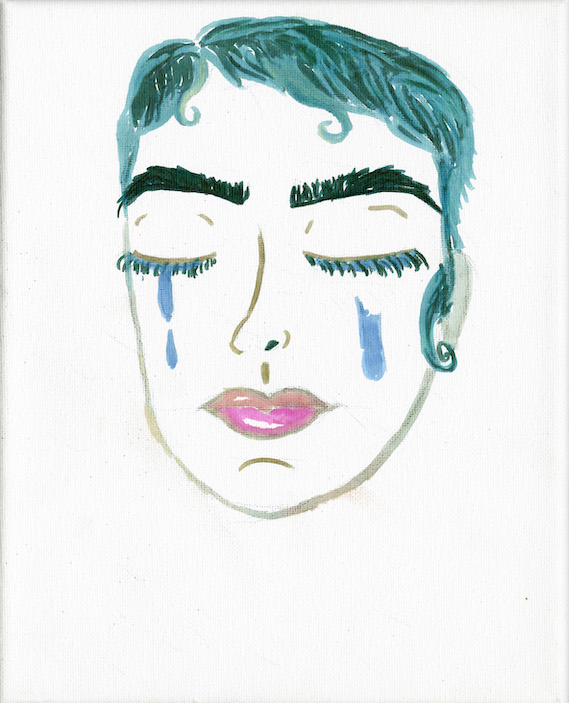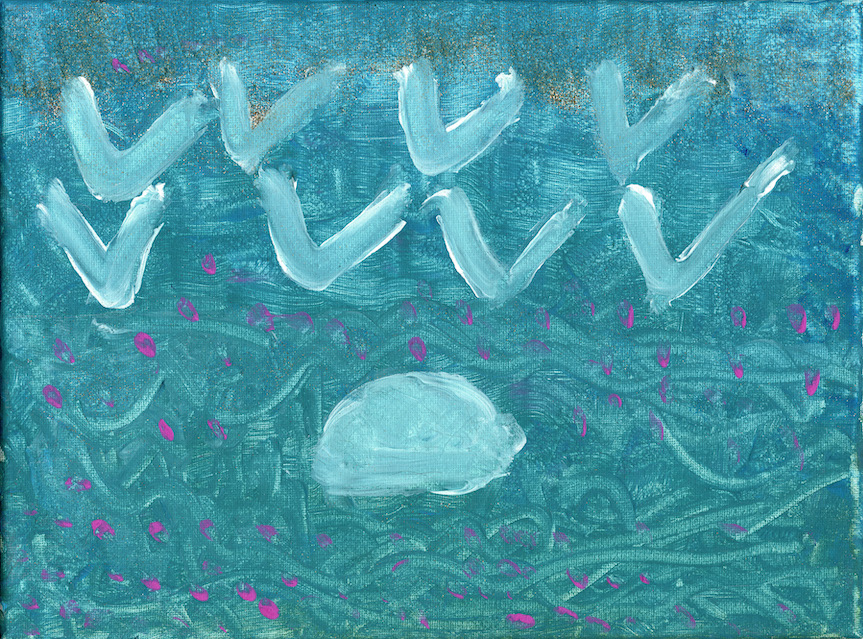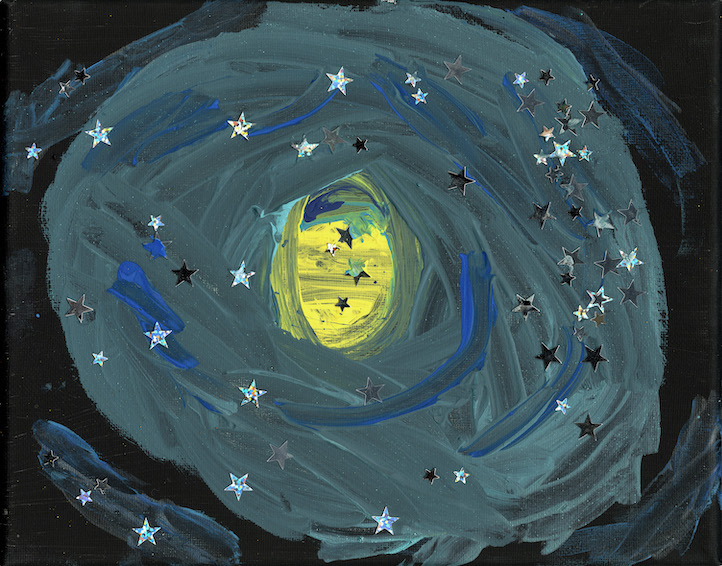Dear WestCoast Community,
Today WestCoast is releasing a new study, Strength Profiles of Youth Seeking Mental Health Services: Shifting the Perspective from Risk to Positive Assets. We focus on the qualities and resources that make children resilient in the face of toxic stress.
Studying the strengths of over 2,300 youth who received services at WestCoast, we found that:
- The majority of youth had several strengths, such as optimism, social skills, self-reliance, resourcefulness, talents and interests, and spirituality.
- Strengths are not equal. Coping skills and social skills especially lessen the impact of negative life experiences.
- Youth rely on their skills and optimism to support their resilience when experiencing challenges.
In addition to helping youth manage adversity, providers and caregivers can promote healing by focusing on the positive aspects of a youth’s characteristics, skills and resources. Leveraging and building strengths must be part of every child’s development.
This report culminates our three-part series on how mental health needs are impacted by experience, and how needs and strengths are not mutually exclusive.
We could not do this work without you. We also want to give a special thank you to the Zellerbach Family Foundation and our individual donors for supporting WestCoast’s research.
With gratitude,
Stacey Katz
Read our Youth Mental Health Series here:

